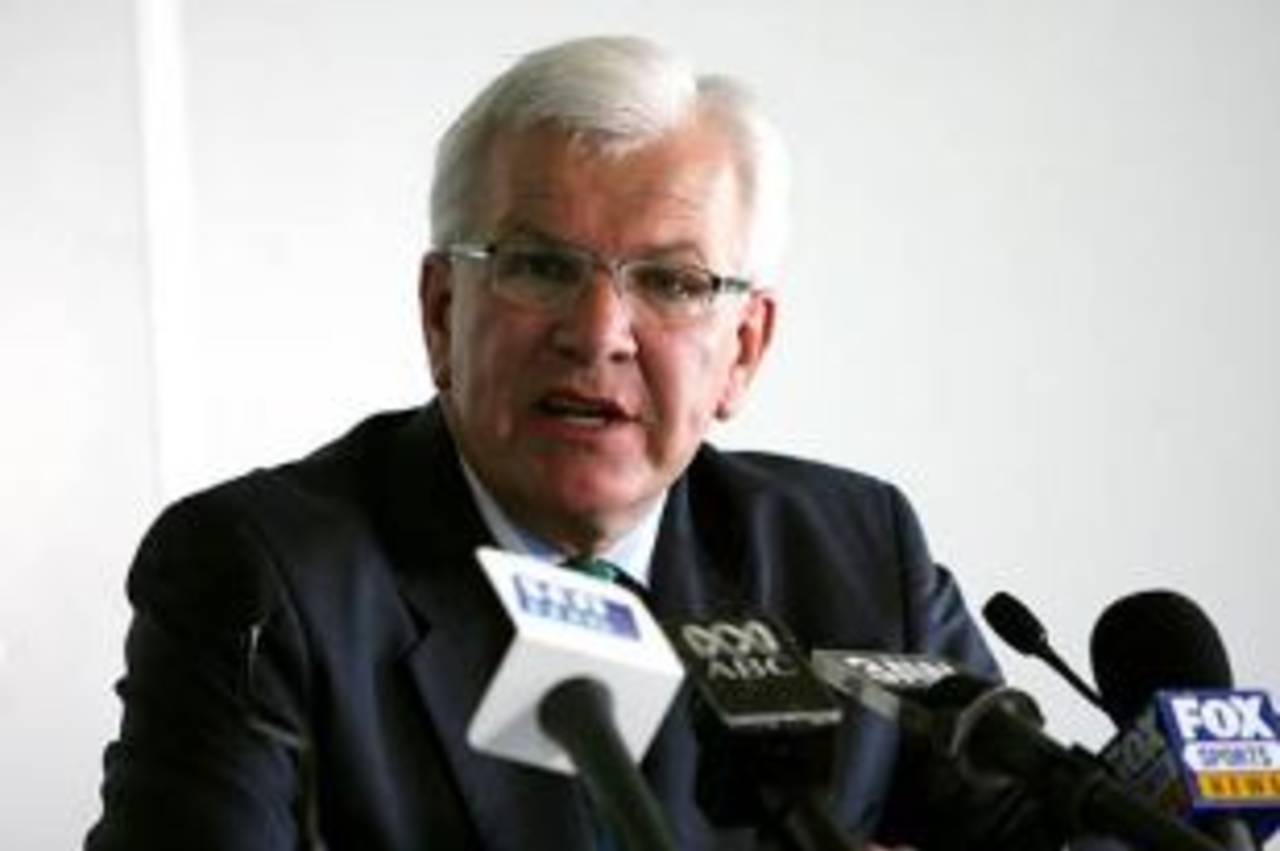Fixing to be illegal in Australia in 2012
Fixing matches or elements within them will be illegal in Australia in 2012, perhaps as soon as March, as the federal and state governments push ahead with specialised legislation

Former ICC chief executive Malcolm Speed has been at the forefront of a push towards anti-fixing legislation in Australia • Robert Prezioso/Getty Images
Daniel Brettig is an assistant editor at ESPNcricinfo